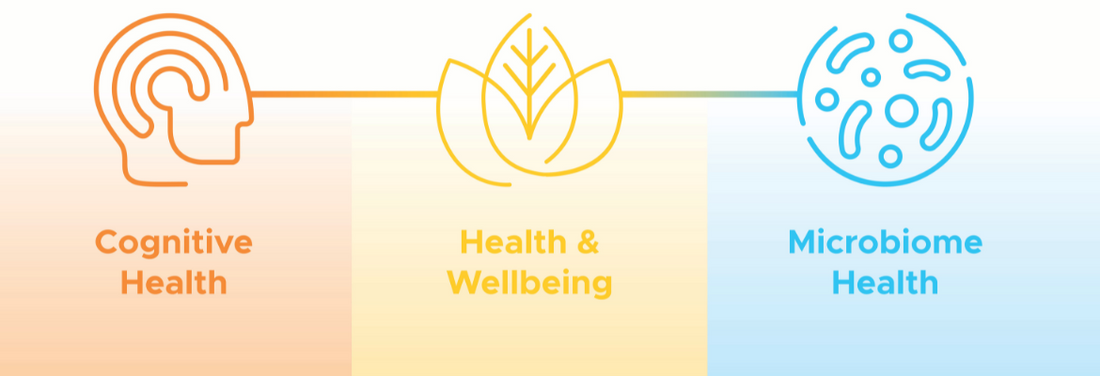
Magnesium for Nerve and Muscle Health: How This Mineral Supports Recovery, Pain Relief & Brain Function
Share
Magnesium is a vital mineral responsible for over 300 enzymatic functions in the human body, and its role in supporting nerve and muscle health is among the most critical. As a natural regulator of neurotransmitters, magnesium helps calm overactive nerves and maintain healthy communication between the brain, spinal cord, and muscles. This makes it especially important for those dealing with nerve-related discomfort or muscle tension.
One of magnesium’s most beneficial roles is acting as a natural calcium blocker. It prevents calcium from flooding into nerve and muscle cells, which helps reduce overstimulation. Without enough magnesium, nerves may become hyperactive, which can lead to symptoms like tingling, twitching, or pain. This balancing effect can ease discomfort associated with neuropathy and even support nerve regeneration after injury.

For muscles, magnesium is essential for proper contraction and relaxation. It works alongside calcium and potassium to support smooth muscle movement and reduce cramping, spasms, and tension. Athletes often use magnesium to speed up recovery and minimize soreness after workouts, while those with chronic conditions may find relief from muscle fatigue and weakness.
Magnesium is also involved in ATP (adenosine triphosphate) production—the body’s primary source of energy. Without it, muscle cells may struggle to perform efficiently, leading to fatigue and slower recovery. Additionally, magnesium helps reduce inflammation, which is often a key factor in nerve and muscle pain.
Beyond physical performance, magnesium supports cognitive and neurological health. It helps regulate NMDA receptors in the brain, which play a crucial role in learning and memory. This mineral has been linked to improved mental clarity, reduced risk of neurodegenerative diseases, and greater emotional balance.
If you're struggling with symptoms such as nerve pain, muscle tightness, poor sleep, or low energy, ensuring optimal magnesium intake may be a simple yet powerful step toward feeling better.
Sources Where You Can Learn More About Magnesium and Nerve/Muscle Health:
-
National Institutes of Health (NIH) – Magnesium Fact Sheet
https://ods.od.nih.gov/factsheets/Magnesium-HealthProfessional/ -
RNA Reset Blog – Can Magnesium Help With Nerve Health?
https://rnareset.com/blogs/all/can-magnesium-help-with-nerve-health